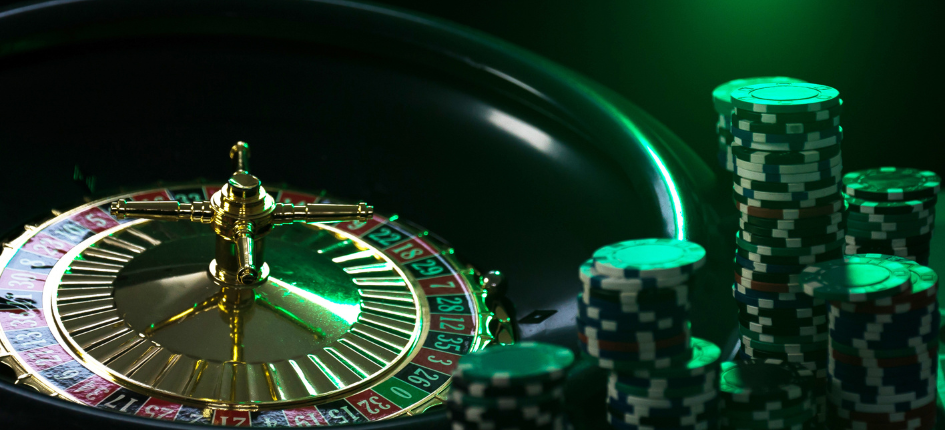Exploring Superstitions: A Deep Dive into Player Beliefs and Rituals
Superstitions are a fascinating aspect of human psychology, especially in the world of gaming, where luck and chance often play significant roles. Players from various backgrounds cling to their beliefs and rituals, hoping to sway fortune in their favor.
This blog post explores the wide array of superstitions across different types of players, uncovering how these beliefs influence their approach to games and competitions.
The Role of Superstitions in Gaming
Superstitions can range from simple rituals to complex belief systems. They offer players a sense of control in uncertain situations, providing comfort and confidence. Whether it’s carrying a lucky charm, wearing a specific outfit, or performing a pre-game ritual, superstitions are deeply ingrained in the gaming culture.
Superstitions Among Casino Players
Casino players often have unique superstitions, believing that certain actions or items can influence the outcome of their games. Common superstitions include:
- Avoiding the main entrance of a casino.
- Carrying a lucky charm, such as a rabbit’s foot or a four-leaf clover.
- Wearing red for luck, especially prevalent among Chinese players.
Superstitions in Sports and eSports
Superstitions aren’t limited to casino gaming. Athletes and eSports players also have their rituals, ranging from wearing lucky socks to following specific pre-game routines. These superstitions are thought to enhance performance and bring good luck during competitions.
Board Game and Tabletop Game Superstitions
Even in the more strategic realms of board games and tabletop games, players adhere to superstitions. For instance, some believe in the power of a “lucky dice” set, while others might have rituals for shuffling cards or setting up their game pieces.
FAQs on Gaming Superstitions
Do superstitions actually affect the outcome of games?
While there’s no scientific evidence to support the effectiveness of superstitions in influencing game outcomes, they can significantly impact a player’s confidence and mindset, potentially affecting their performance.
Are superstitions more common in games of chance than in strategy games?
Superstitions are prevalent in both types of games, but they might manifest differently. In games of chance, superstitions often focus on luck, while in strategy games, they may be more about rituals or routines.
Can adopting superstitions improve my gaming experience?
If superstitions bring you comfort and enhance your enjoyment of the game, they can positively affect your gaming experience. However, it’s essential to maintain a healthy perspective and not let superstitions control your actions or decisions.
What are some common superstitions among online gamers?
Online gamers might have specific rituals before logging in or during gameplay, such as wearing lucky clothing, using a favored mouse or keyboard, or even playing at certain times of the day.
Key Takeaways
- Superstitions Span Cultures: Superstitions are a global phenomenon, with players from different cultures embracing their unique beliefs and rituals.
- Comfort and Confidence: Superstitions provide players with a sense of control and confidence, which can be crucial in games where luck plays a significant role.
- Variety of Beliefs: Superstitions vary widely among different types of players, from casino enthusiasts and athletes to board game aficionados and eSports competitors.
- Personal Experience: Ultimately, the value of superstitions lies in their ability to enhance the personal gaming experience, contributing to the player’s enjoyment and confidence.
In conclusion, superstitions play a significant role in the gaming world, influencing players’ behaviors and attitudes across various platforms and disciplines. Whether these beliefs actually bring good fortune or not, their impact on player psychology and the gaming culture is undeniable. As we delve into the diverse world of gaming superstitions, we uncover the rich tapestry of beliefs and rituals that players hold dear, providing insight into the human desire for control and luck in the face of uncertainty.




